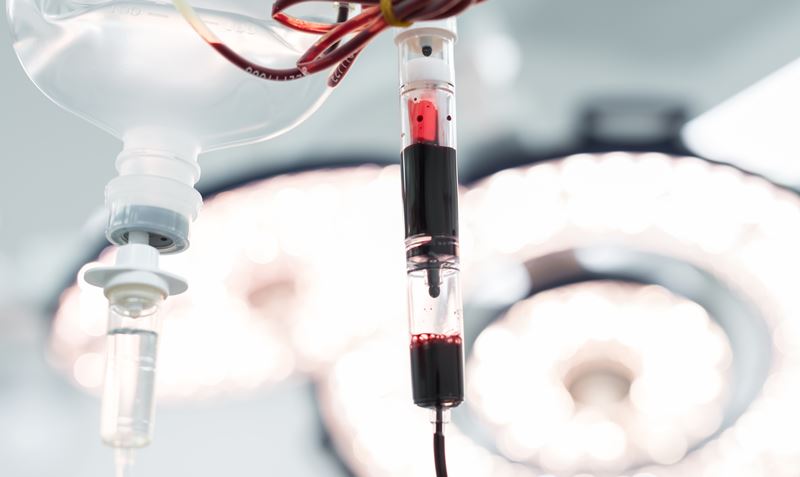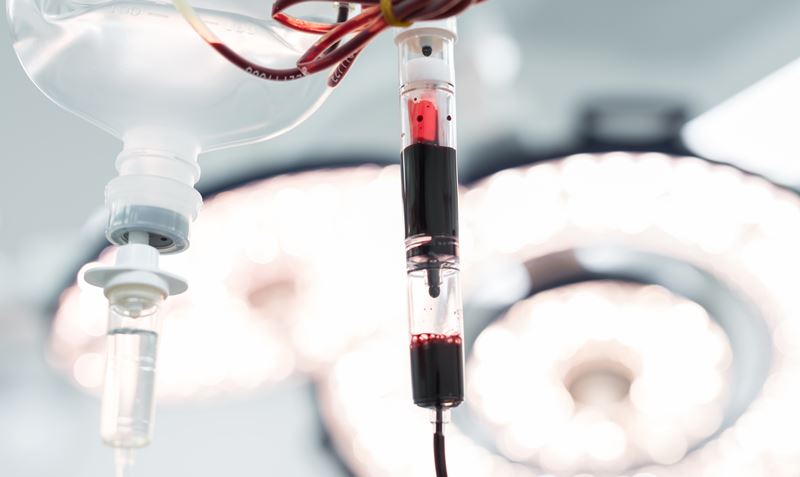
A new stem cell trial recently completed in the United States indicates that stem cell transplants may be able to induce the long-term remission of multiple sclerosis. The treatment begins with high doses of an immunosuppressive therapy then is followed by a stem cell transplant of blood-forming stem cells.
Multiple sclerosis (MS) occurs when the immune system attacks the nervous system and damages the protective coating surrounding nerves. The symptoms of this condition vary greatly, but can include vision loss, pain, impaired coordination, and fatigue. It is a severe and chronic condition. It can be managed with medications and physiotherapy, but there is currently no cure.
The trial began more than five years ago with participants receiving high-dose immunosuppressive therapy and an autologous hematopoietic cell transplant. Researchers found that after 5 years, 69% of participants were alive and did not have any progression of their illness. The stem cell transplant had managed to put their multiple sclerosis into remission.
The trial was sponsored by the National Institute of Allergy and Infectious Diseases (NIAID) and was conducted by the NIAID-funded Immune Tolerance Network. The findings of the project were published in the February edition of the medical journal Neurology.
This initial trial tested the efficacy, safety and durability of the procedure on participants between the ages of 26 and 52. The participants had all taken medications and found them to be ineffective at slowing the progression of MS symptoms. The next step involves testing the effectiveness of stem cell transplants on MS with a large-scale randomised trial.
The treatment aims to suppress the disease with immunosuppressive drugs, then perform a stem cell transplant to “reset” the immune system. The transplant allows the body to produce the healthy white blood cells necessary for a strong immune system.
Source: Stem cell transplants may induce long-term remission of multiple sclerosis
{{cta(‘010124f3-c9bc-4a23-b9fc-74953e6288c9’)}}

